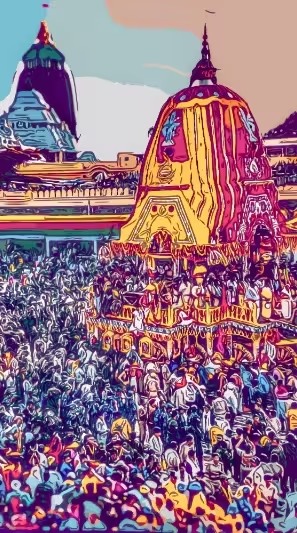
You’re playing, or you’re studying, and suddenly you feel it. Your tummy rumbles, and you realise – you’re hungry! But what exactly makes us feel hungry? Let’s find out:
- Fuel for Your Body: Food is like fuel for our bodies. It gives us the energy we need to do everything from running and jumping to thinking and dreaming. When we eat, our bodies break down the food into nutrients and use these nutrients for energy, growth, and cell repair. When we haven’t eaten for a while, our bodies need more fuel, and that’s when we start to feel hungry.
- The Role of Hormones: Hormones are chemicals that our bodies produce to control many different functions, and they play a big role in hunger. When your stomach is empty, it releases a hormone called ghrelin. Ghrelin travels through your bloodstream to your brain, where it triggers feelings of hunger.
- Feeling Full: After you’ve eaten, your stomach sends another signal to your brain to make you feel full. This is done by releasing other hormones like leptin and insulin. They tell your brain that you’ve had enough to eat, which helps you stop eating once you’re full.
- The Hypothalamus: There’s a part of your brain called the hypothalamus that plays a big role in hunger. It receives signals from ghrelin, leptin, and insulin, and responds by increasing or decreasing your feelings of hunger or fullness.
- Different Types of Hunger: Sometimes, we feel hungry even when our bodies don’t need fuel. This can be because we see or smell something delicious, are bored, or feel a certain way. This is called emotional hunger, and it’s different from physical hunger, which is our body’s way of telling us it needs more fuel.
Feeling hungry is a sign that your body is working just as it should. It’s a vital part of how we stay healthy, giving our bodies the fuel they need to function. Isn’t it incredible to think about the journey that a piece of food makes through our bodies? As we continue to explore the human body, we’ll discover more of these fascinating processes!





